Tetsworth mother struggles to get ADHD medication for her and daughter
- Published
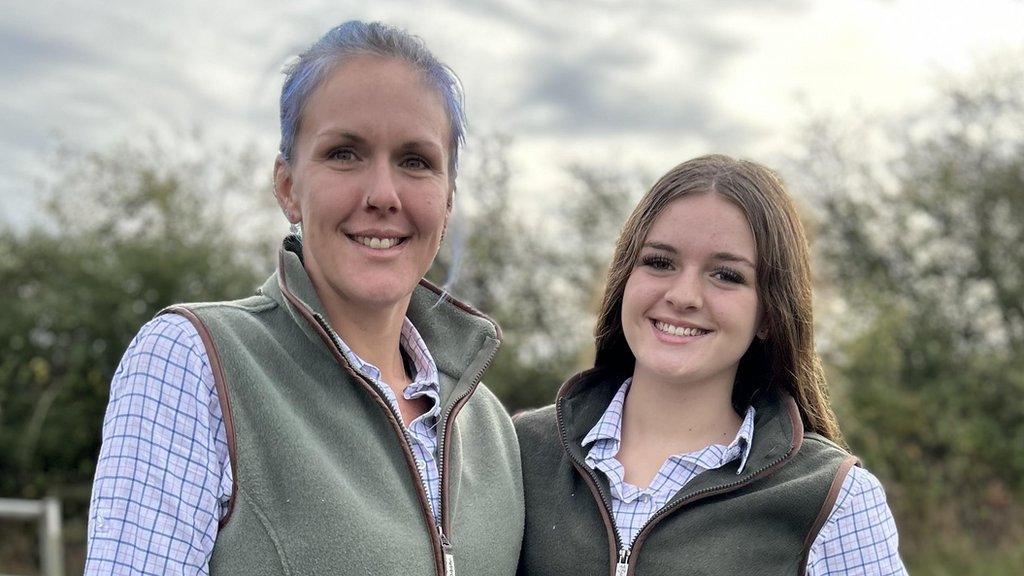
Emma Redman and her daughter both require prescription medication for their ADHD
A mother is struggling to get hold of crucial medication for Attention Deficit Hyperactivity Disorder (ADHD), due to shortages.
Emma Redman from Tetsworth, Oxfordshire, said she and her daughter require the drug to help them function as they should on a daily basis.
ADHD Oxfordshire said they had heard of local issues with medication reviews.
The government said it had taken "swift action" to improve the supply.
Volatile mood and difficulty concentrating are some of the symptoms that those diagnosed with ADHD, external have to manage.
Mrs Redman said her 15-year old daughter and her were both taking prescription medication.
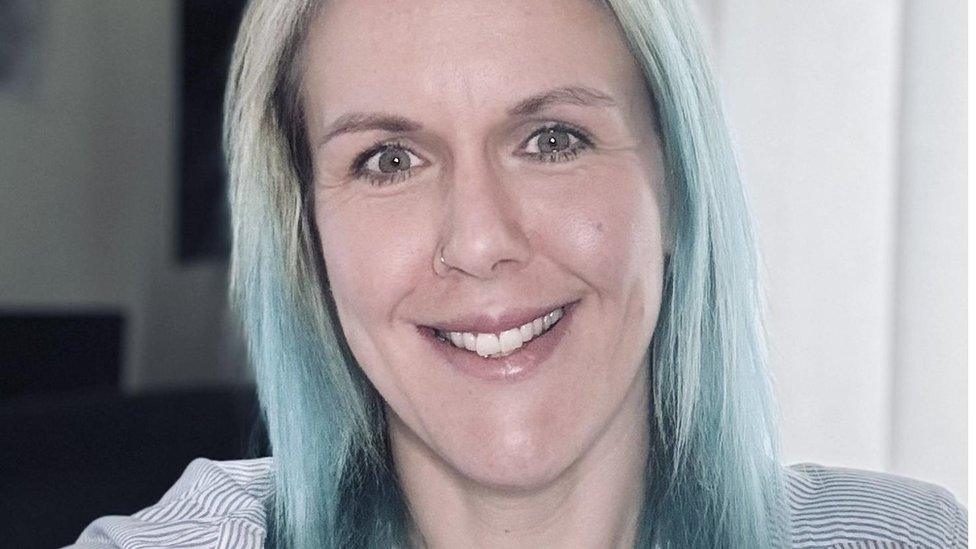
Mrs Redman was originally on a private prescription, which she described as "extortionate"
"It is what we require daily to help normalise the levels of our brain so that we're able to function as we should," she explained.
She was originally on private prescription, which she described as "extortionate", before being able to access it at NHS rates.
She said that problems with the medication production made it "increasingly more difficult" for those that are on it "to access any medication at all".
This month, Mrs Redman managed to get her medication on time but her daughter had to go a week without it.
'Hugely damaging'
Charity ADHD Oxfordshire said in a statement: "While lack of ADHD medication isn't an immediately life-threatening situation as it could be with, say, epilepsy or diabetes, taking away the option of medication from someone with ADHD can be hugely damaging to their mental health and this of course has a knock-on effect on their physical health too."
"It's a really dreadful situation which is causing a lot of mental stress for many people who already find life challenging because of their ADHD."
A Department of Health and Social Care spokesperson said they had taken "swift action" to improve the supply of ADHD medications and had resolved "some issues" as a result.
"We are working with the respective manufacturers industry to help resolve remaining issues as soon as possible and have issued advice to healthcare professionals," the spokesperson added.
"We know that shortages can be distressing for patients and families and we advise any patient who is worried about their condition to speak to their clinician."

Follow BBC South on Facebook, external, X, external, or Instagram, external. Send your story ideas to south.newsonline@bbc.co.uk or via WhatsApp on 0808 100 2240.
- Published26 March 2024
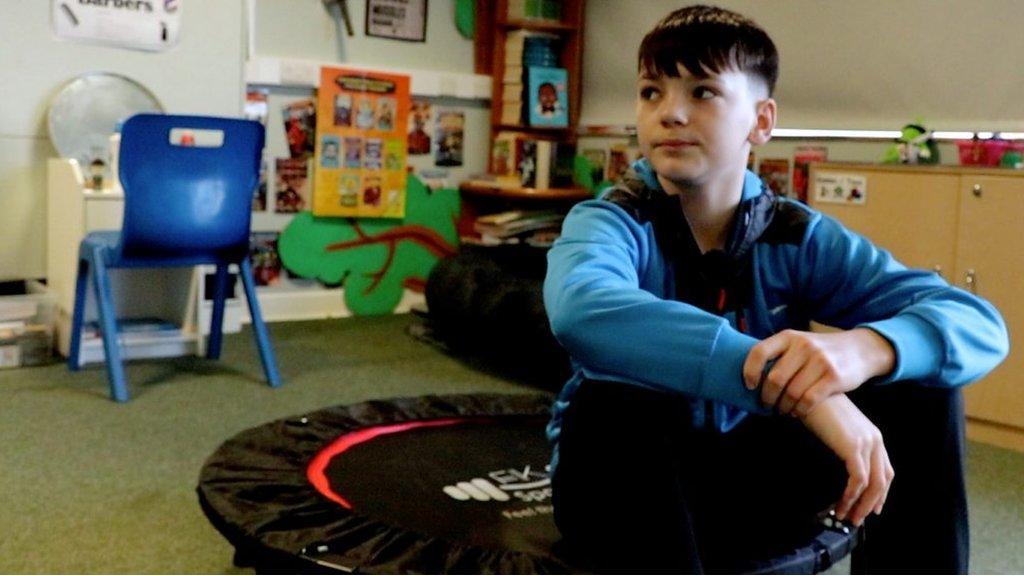
- Published11 March 2024
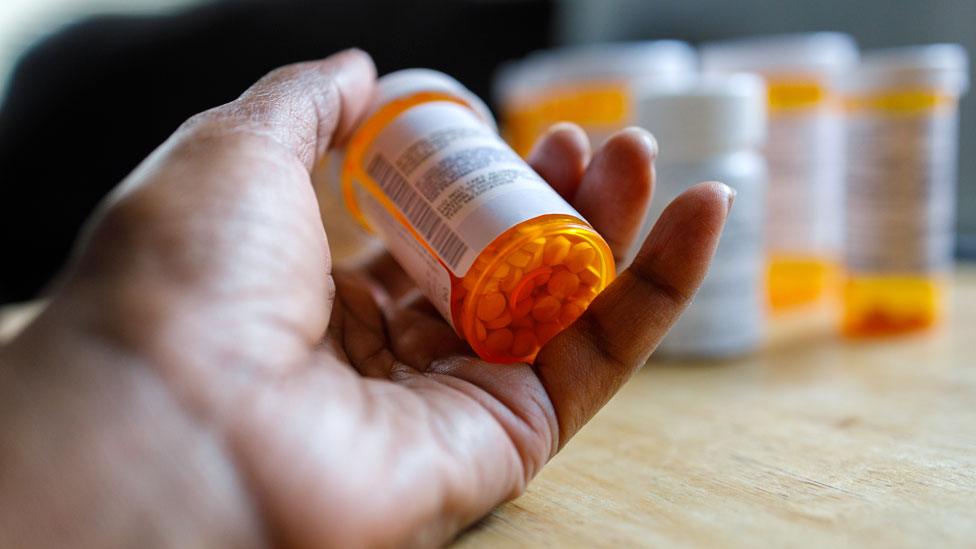
- Published29 February 2024

- Published28 February 2024
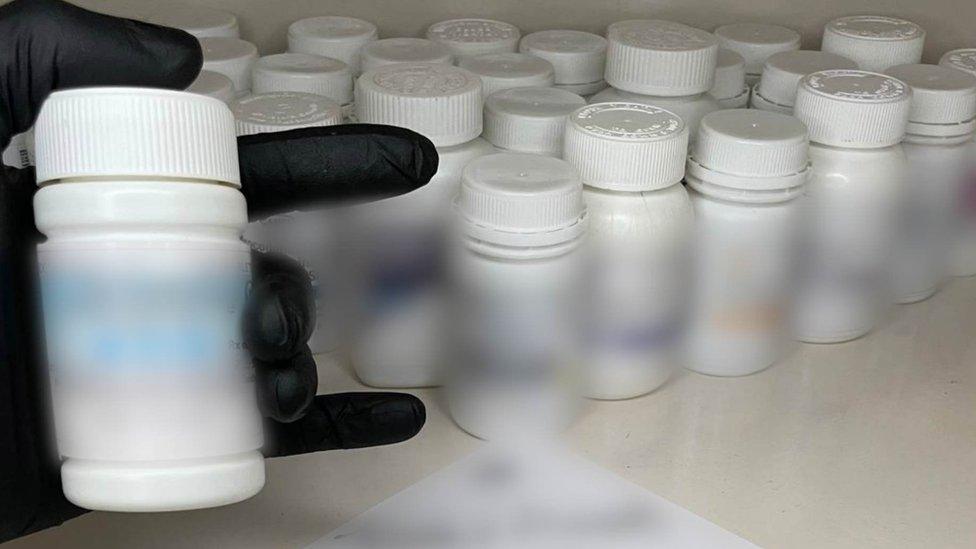
- Published27 February 2024
